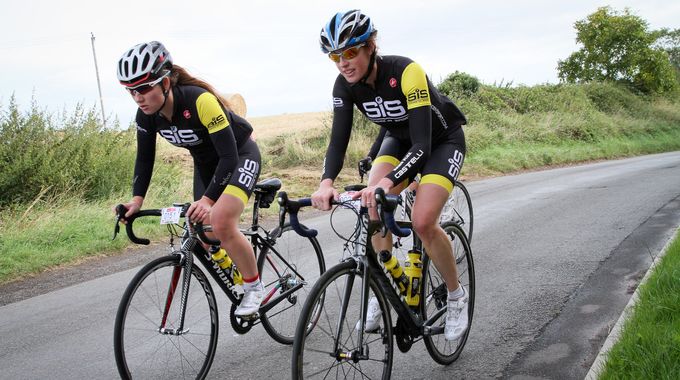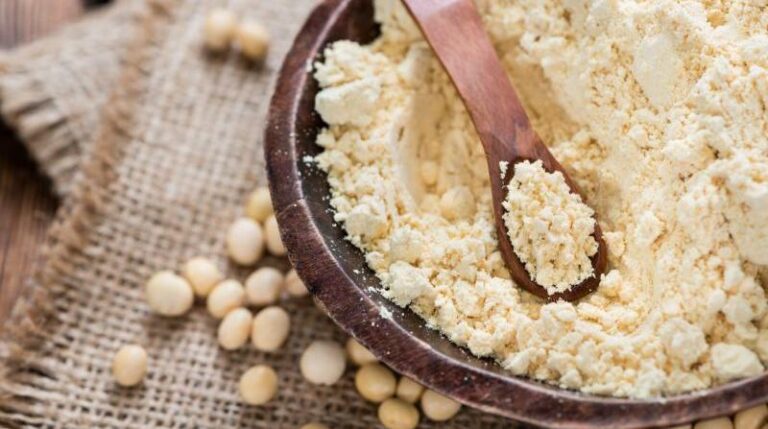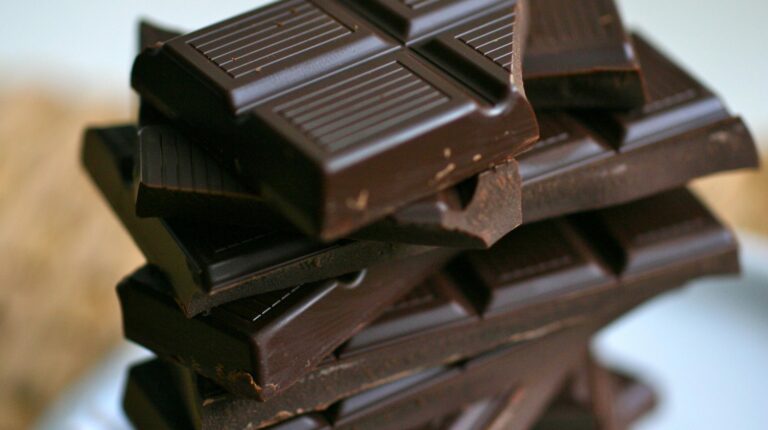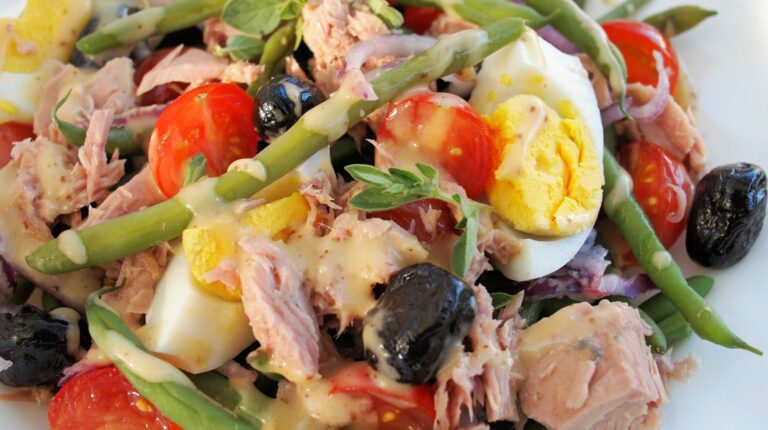We are all pretty delighted to see that summer is well on its way. Warm, dry weather is what cyclist’s dreams are made of. But as temperatures rise you do need to be careful not to reap the negative benefits of warm weather, the most dangerous of which is dehydration.

We enlisted the help of Emma Barraclough, Senior Sports Nutritionist for Science in Sport (SiS) to give us some guidance on exactly how to manage our hydration levels on the bike this summer:
Why does hydration matter?
Even small levels of dehydration can impact performance, affecting your cooling mechanism and increasing your perception of effort. One of the biggest mistakes made by new and experienced endurance athletes alike is the failing to prepare by hydrating properly beforehand and not replacing all fluid losses associated after exercise.
As you become more dehydrated your blood volume decreases, causing your heart rate to increase without any increase in work output. Your peripheral blood flow starts to shut down, allowing your body temperature to spiral upward. This limits your capacity to increase your effort level and increases your rate of perceived exertion. The mental effect is that you lose concentration, skill and accuracy. The combined effect is that you are going to end up in a situation where your performance will suffer. This can easily be avoided through effective hydration, both before and during exercise.
Can’t I just drink water?
A misconception regarding hydration is that drinking water alone will keep you hydrated. In reality, as you sweat, your body loses electrolyte salts which are essential to control the fluid balance inside the body.
There are two major factors that affect how readily fluid will be absorbed. First is the rate at which the fluid drains from the stomach. Second is the rate of absorption in the intestine, which is affected by the concentration of electrolytes such as sodium and carbohydrates in the drink.
Prolonged heavy sweating can lead to significant mineral losses, particularly sodium. If you just drink water, which has no electrolytes, you can dilute the concentration of remaining electrolyte minerals in your body. This stimulates your kidneys to produce more urine to keep the concentration levels balanced, but means that you do not retain the required fluid within the body.
Before, during and after.
You need to make sure that your body is topped up before you begin to exercise, as well as looking after yourself during and after. If you are doing an especially demanding event then you should begin your hydration a couple of days before, to make sure that you are at optimum levels.
Using an electrolyte drink, such as SiS GO Hydro, can help you to retain this fluid better. On the day itself, have at least 500ml or one bottle form when you wake up to the start of your event.
Depending on how hard your session is, your sweat rate and the conditions you take need to take around 500ml to 1 litre of fluid per hour, ideally drinking a little and often. 150-200ml every 15-20 minutes is a good target to aim for.
It is easy to over look fluid levels after you have finished, but as well as taking on a protein and carbohydrate recovery product, it is important to replace what has been lost in sweat whilst riding. An ideal recovery product should contain protein, carbohydrate and electrolytes.
To gauge how much fluid you have lost during exercise, try weighing yourself before and after exercise. Each kilogram of weight loss indicates 1 litre of fluid loss. Adding the amount of fluid consumed during exercise will give you the total fluid loss.





